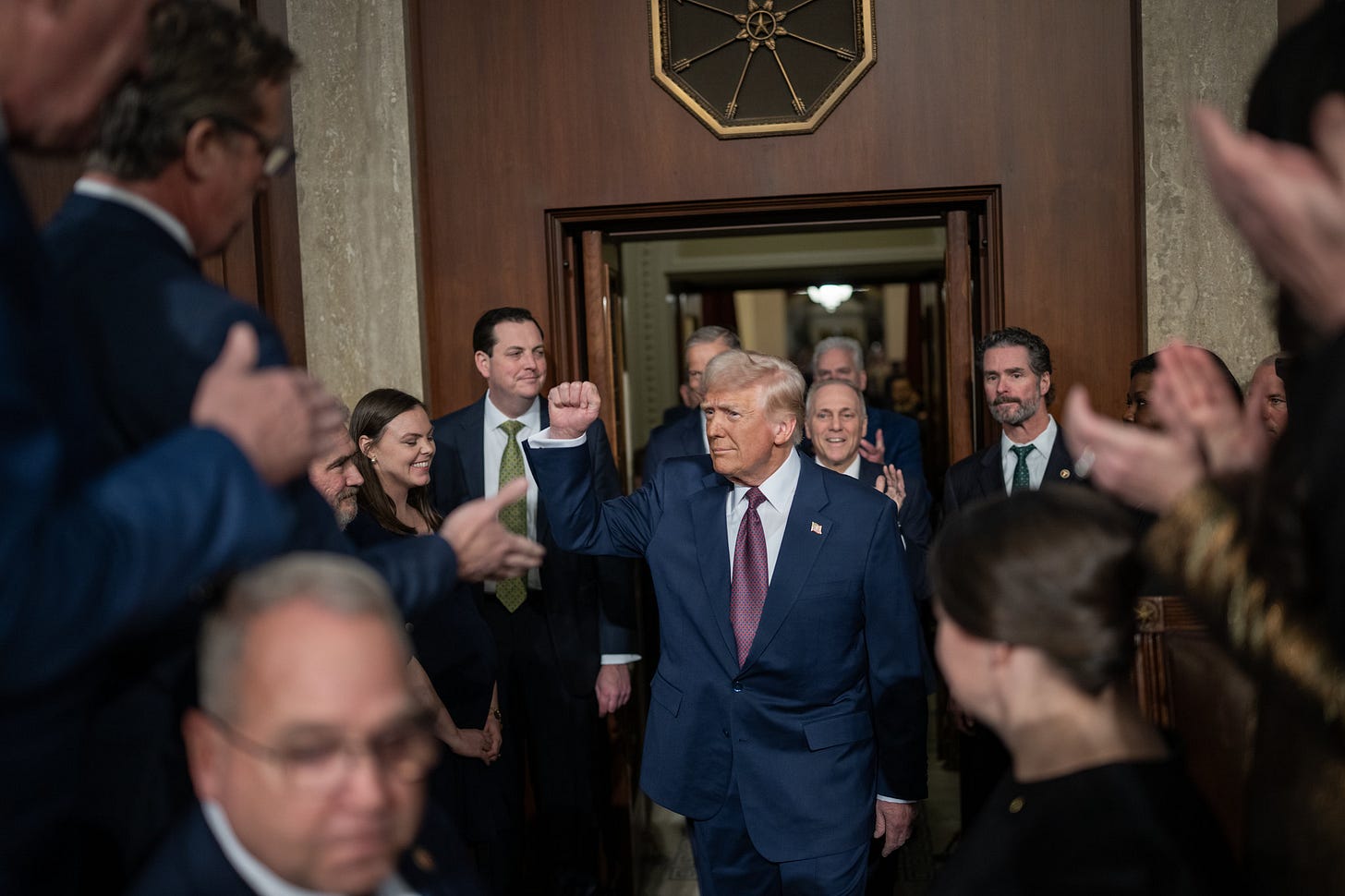Congressional Republicans Threaten their own Power to Protect Trump
Congress — and more specifically congressional Republicans — is failing its role as a check against an executive branch that badly needs checking.

The broad story of the second Trump era has been of two inverse and related trends: The growth of a personalist Presidency, and the decline of state capacity. A system built on loyalty to one man cannot tolerate institutions bound by other values, an…




